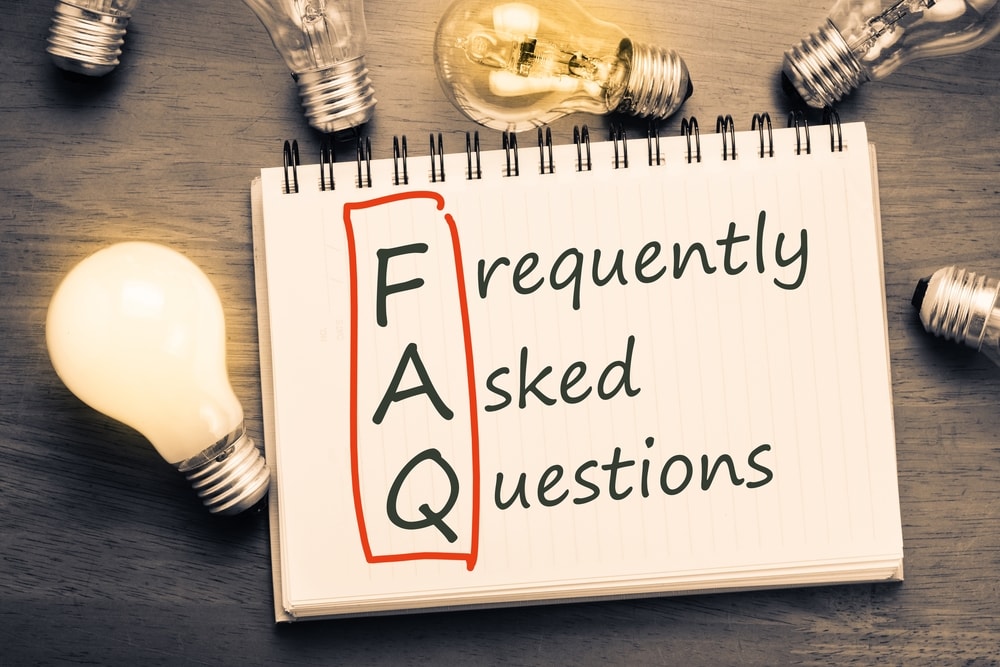1. What is the salary range for English teachers in Korea?
English teachers in Korea can expect to earn between 2.1 to 2.9 million KRW per month. Salaries may vary based on qualifications, experience, and the type of institution. Some positions, such as university jobs, may offer higher salaries with additional benefits.
2. How often will I receive my salary?
Teachers are typically paid monthly, with payday usually falling on the 9th or 10th of each month.
3. Which nationalities are eligible to teach English in Korea?
To obtain an E-2 teaching visa, applicants must hold citizenship from one of the following countries: the U.S., Canada, the U.K., Ireland, Australia, New Zealand, or South Africa. This is a requirement set by Korean immigration authorities.
4. Why is a photo required in the application process?
Schools in Korea often request a professional headshot to get a better sense of potential candidates, as most interviews are conducted remotely.
5. Is airfare to Korea covered by the employer?
Many teaching contracts include reimbursement for airfare to and from Korea. However, policies can vary, so it’s important to check contract details.
6. What kind of housing is provided?
Employers usually provide rent-free housing, which is typically a studio or one-bedroom apartment. It includes basic furnishings such as:
✔ A bed
✔ Refrigerator
✔ Washing machine
✔ Air conditioning
✔ Stovetop
Teachers only pay for utilities, which cost around $50-100 USD per month.
7. Are shorter contracts available, or is a 12-month commitment required?
Most teaching positions require a 12-month commitment. Shorter contracts are rare.
8. Is a TEFL/TESOL certification necessary to teach in Korea?
While not always mandatory, having a TEFL/TESOL certification can:
✔ Increase your chances of landing a job
✔ Qualify you for higher salaries
✔ Help with visa approval in some cases
More on TEFL/TESOL certification
9. Do I need to speak Korean to teach English in Korea?
No, Korean language skills are not required. However, learning basic Korean can improve your daily life.
10. Can I teach in Korea without a bachelor’s degree?
A bachelor’s degree is required for an E-2 teaching visa. The degree can be in any field.
11. Are there any fees associated with job placement services?
No! OK Recruiting provides free job placement services. Schools cover our fees, not teachers.
12. What are the working hours and vacation policies?
Typical working hours: 20-30 hours per week
Paid vacation: around 11 days + national holidays
School schedules and working conditions
13. What is the cost of living in Korea?
With provided housing and competitive salaries, most teachers can save $800-$1,500 USD per month while enjoying a comfortable lifestyle.
14. Is health insurance provided?
Yes, teachers are enrolled in the National Health Insurance program, with costs shared between employer and employee.
15. Can I bring my pet to Korea?
Yes, but strict regulations apply, including quarantine and specific vaccinations. Some housing does not allow pets.
16. What support is available for first-time teachers?
First-time teachers receive:
✔ Step-by-step guidance (visa, contract, job placement)
✔ Cultural orientation
✔ Ongoing mentorship
17. Are there opportunities for career advancement?
Yes! You can grow into roles like:
✔ Head Teacher
✔ Curriculum Developer
✔ University Instructor
18. What is the process for obtaining an E-2 visa?
The process includes:
✔ Job offer
✔ Visa paperwork (degree, background check, health statement)
✔ Consulate interview
19. How can I prepare for the cultural differences in Korea?
Understanding Korean customs, etiquette, and work culture will help you integrate smoothly.
20. What should I pack when moving to Korea?
Work attire
Medications
Favorite snacks from home
Packing checklist for teachers
Start Your Teaching Journey with OK Recruiting!
Need more details? Visit OKRecruiting.com for everything you need to know about teaching in Korea.

